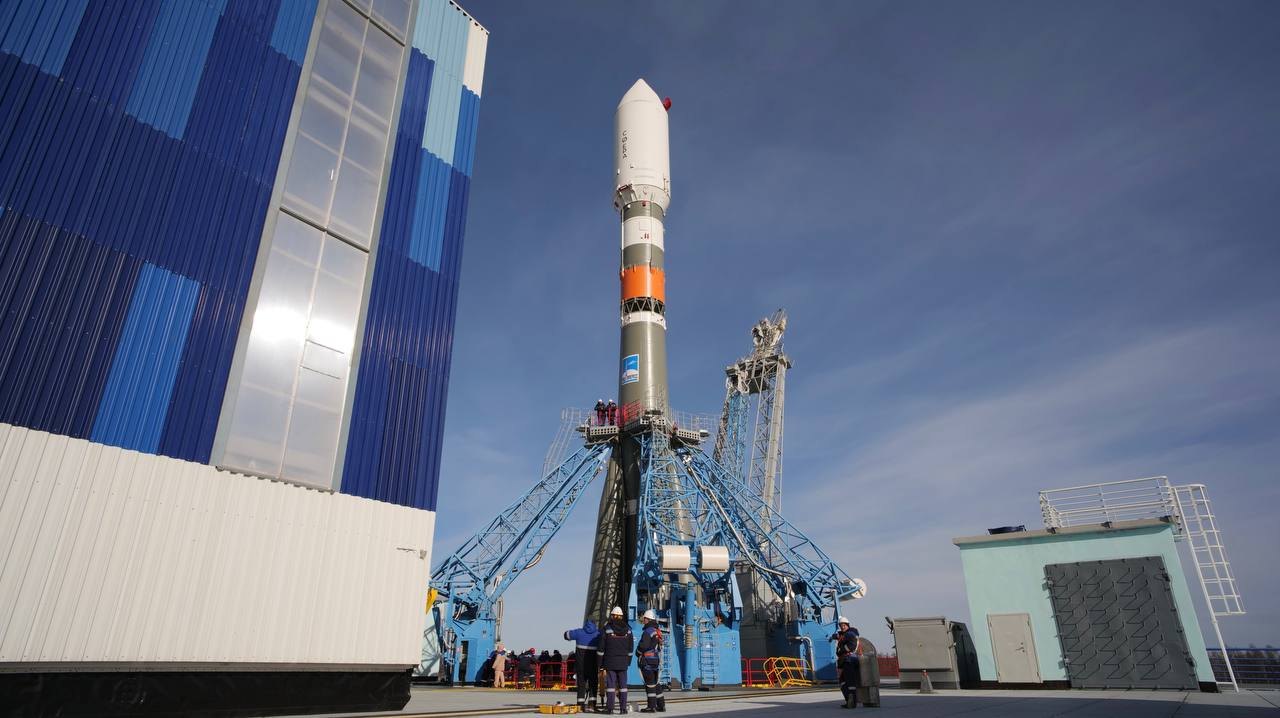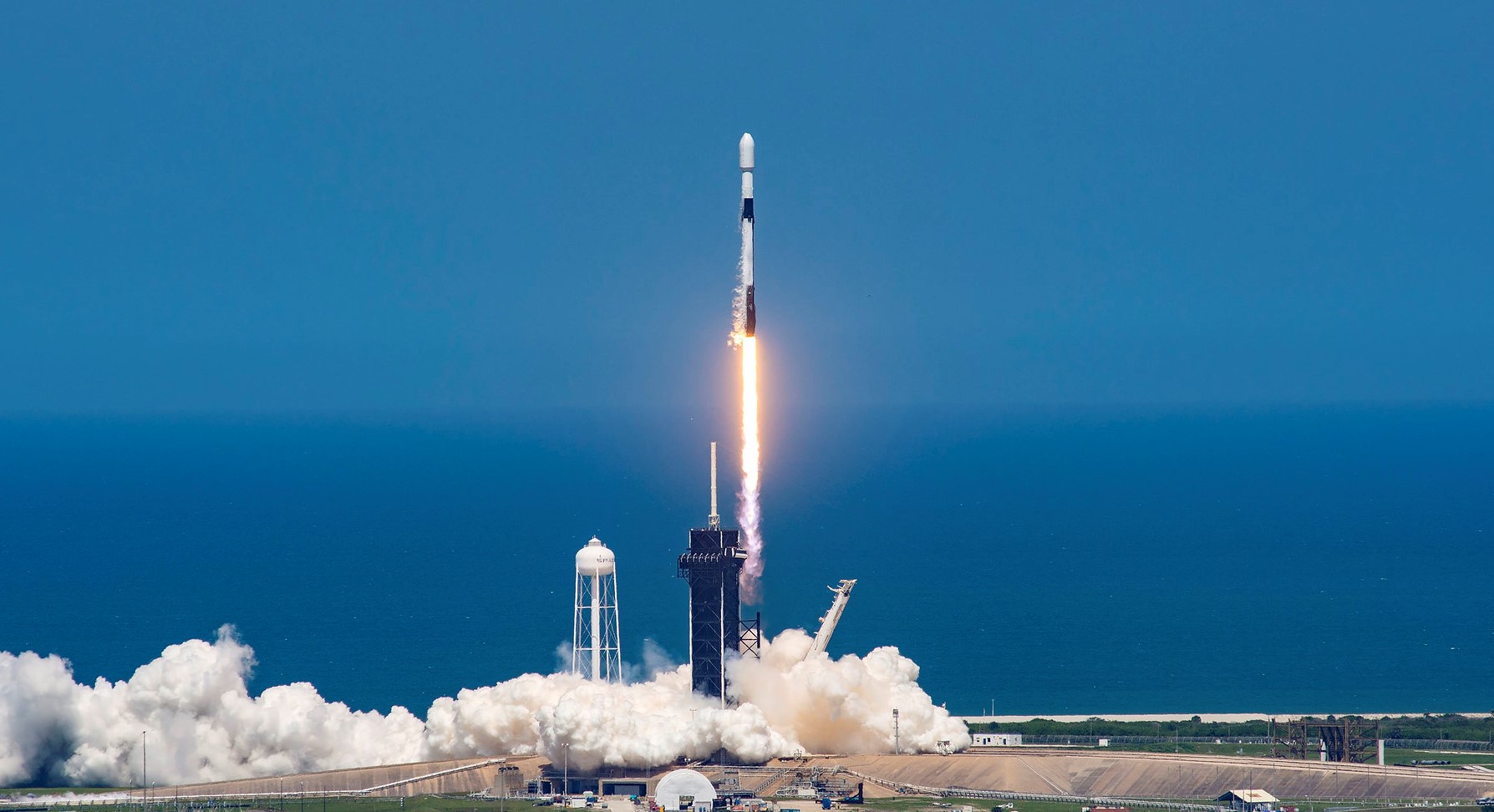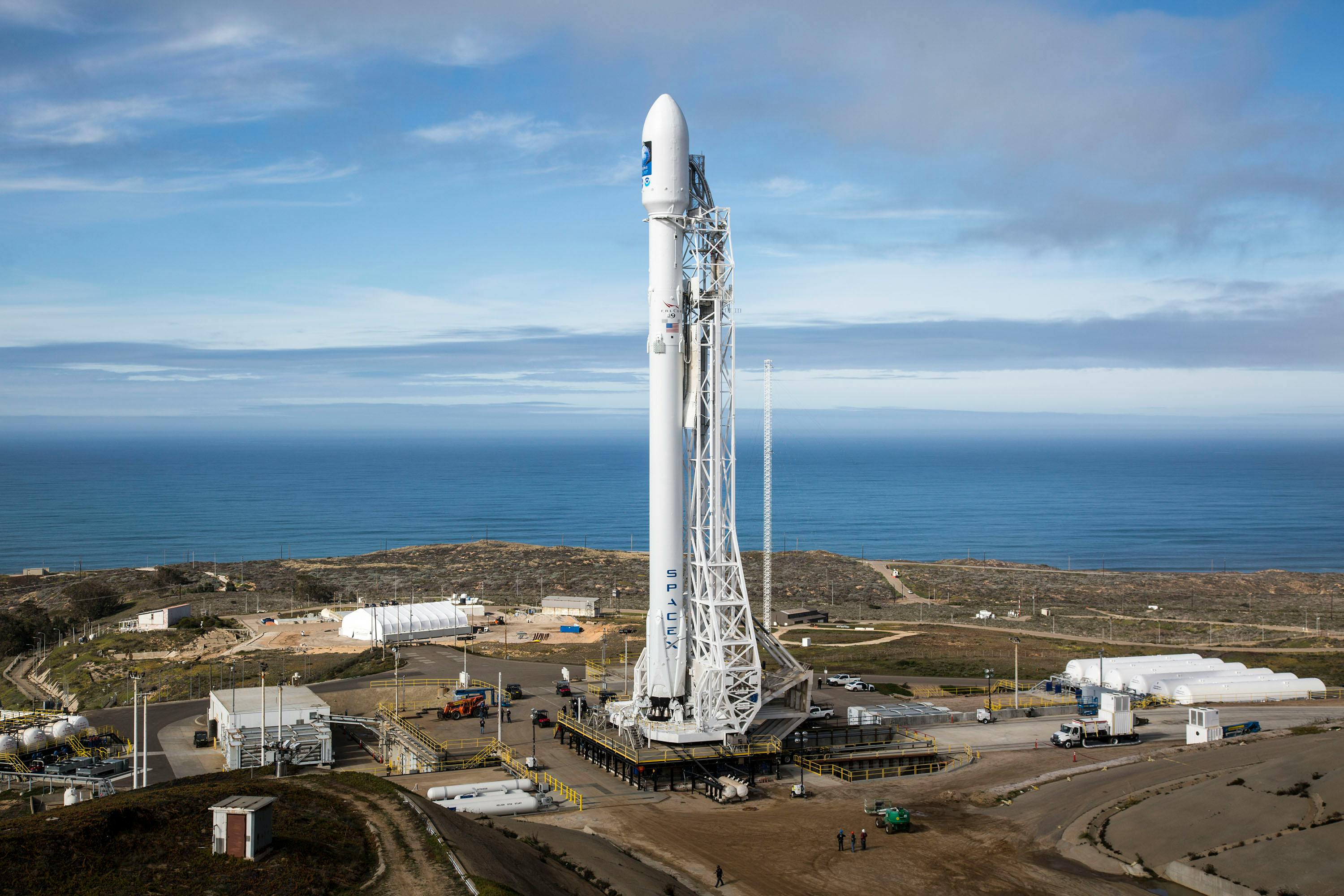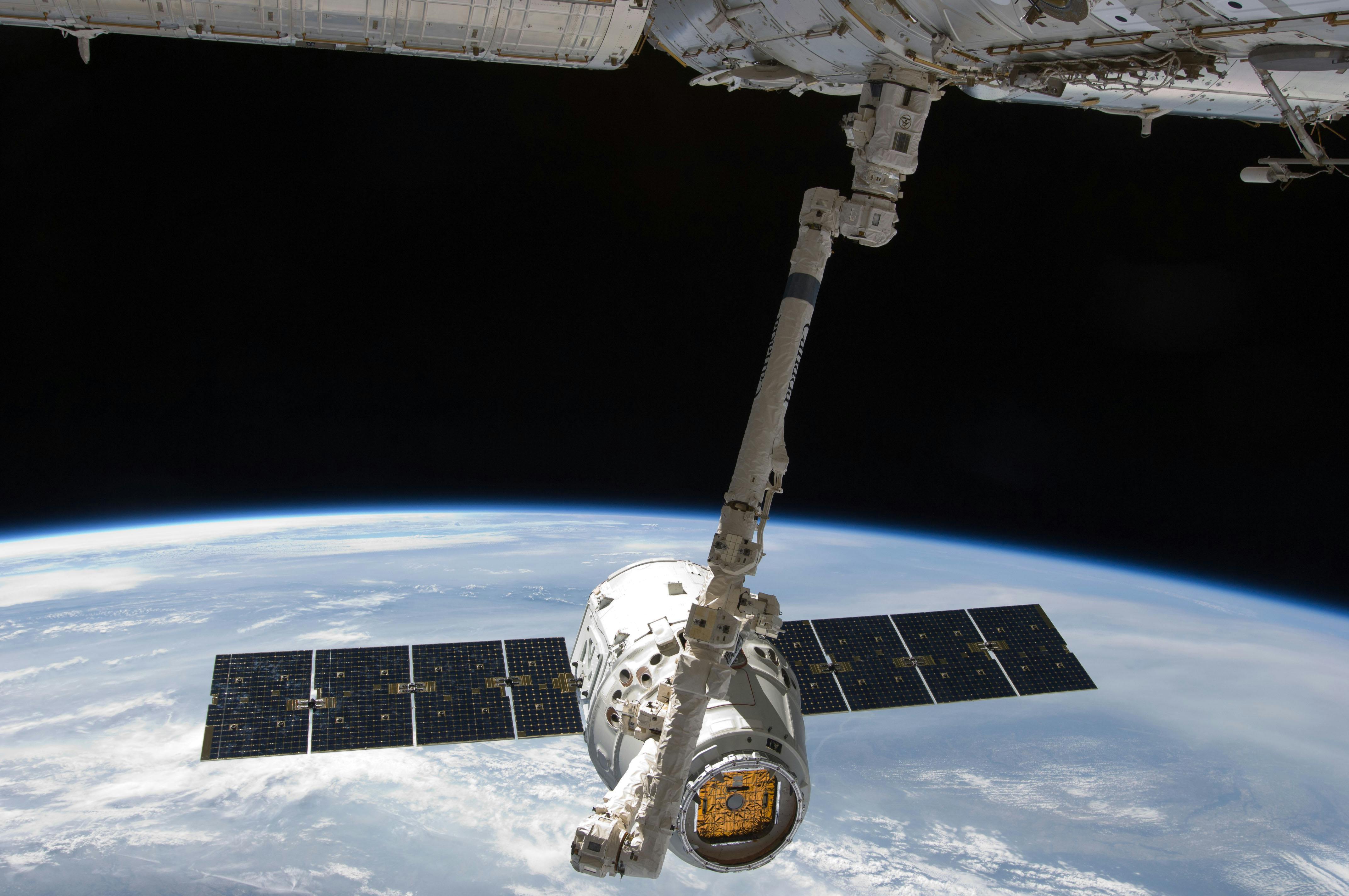· space brief · 4 min read
Space Brief 21 Nov 2024
Today's brief covers influential space events including Space Force's interest in Starship, U.S. military constellation advancements, and technological developments in counter-drone capabilities.

📄Top Stories
The Space Force chief witnessed a Starship test launch, highlighting potential military applications for the spacecraft. Meanwhile, the U.S. military advances its satellite constellation plans despite facing supply chain challenges. Developments in counter-drone technologies are tested by the Pentagon, emphasizing security concerns for critical infrastructure.
📰Detailed Coverage
Space Force Chief Eyes Starship’s Potential
The Space Force is actively exploring the possibilities presented by SpaceX’s Starship, as its chief recently observed a test launch. The military sees potential in Starship’s capabilities, signaling interest in leveraging this powerful launch vehicle for future defense needs.
Starship’s enormous payload capacity and efficient reusability could transform military logistics and rapid deployment of assets in space. As the Space Force continues to assess these breakthroughs, the implications for satellite deployment and tracking are significant.
Read the full story: SpaceNews
U.S. Military Satellite Constellation Progresses
Despite ongoing supply chain challenges, the U.S. military is making strides with its satellite constellation programs. The first launch of the Proliferated Warfighter Space Architecture is now expected in early 2025, marking an important step in enhancing national security through advanced space capabilities.
This expansion of satellite networks is crucial for maintaining strategic advantages and operational readiness. The new constellation aims to provide resilient and cost-effective solutions for global communications and surveillance.
Read the full story: SpaceNews
Pentagon Assesses Cutting-Edge Counter-Drone Technologies
The Pentagon is testing innovative counter-drone technologies, such as nets, jamming devices, and ‘cyber scalpels’, to counteract small unmanned aerial system (sUAS) threats. These tests come amid rising security concerns that drones pose to military bases and critical infrastructure.
With their potential to disrupt communications and pose physical threats, drones are a growing challenge. Technologies under review could enhance defense systems and boost satellite-related security.
Read the full story: Breaking Defense
UK’s Defense Overhaul Raises Concerns
The UK has announced sweeping defense cuts that include decommissioning various military assets like warships, helicopters, and drones. Presented as cost-saving measures, these cuts predictably drew criticism and raised questions about future defense readiness.
Strategic adjustments may affect the UK’s participation in space surveillance and tracking initiatives, impacting international collaborations and capabilities.
Read the full story: Breaking Defense
Army Contracts for Red Cat’s Reconnaissance Drone
The U.S. Army has selected Red Cat’s small quadcopter for its second tranche of short-range reconnaissance tasks. The deal is expected to be finalized by year-end, enhancing the Army’s tactical reconnaissance capabilities.
This development underlines the growing importance of integrating cutting-edge drone technologies into military operations, highlighting dynamic interplays with satellite-based observation systems.
Read the full story: Breaking Defense
🛰️Satellite Spotlight
- Satellite Name: YAOGAN-36 05A
- NORAD ID: 57452
- Launch Date: 2023-11-06
- Mission: This satellite is part of China’s strategic space surveillance and reconnaissance efforts.
- Orbit: Inclination 35.0007°, Period 94.55 minutes, Eccentricity 0.0002313
- Operator: Strategic Support Troops
- Fun Fact: YAOGAN-36 series is known for providing key intelligence support for China’s defense sectors and assisting in civilian applications.
Current TLE Data:
1 57452U 23106A 24318.48719736 .00022788 00000-0 94438-3 0 89996
2 57452 35.0007 109.4409 0002313 285.5866 74.4594 15.23005847 72564Track this satellite in real-time on our web app: Track YAOGAN-36 05A
🚀Upcoming Space Launches
November 21
-
Russian Federal Space Agency (ROSCOSMOS) Soyuz 2.1a:
- Progress MS-29 (90P) from Baikonur Cosmodrome, Republic of Kazakhstan (12:22 UTC) Progress resupply mission to the International Space Station.
-
SpaceX Falcon 9 Block 5:
- Starlink Group 6-66 from Cape Canaveral SFS, FL, USA (16:07 UTC) A batch of 24 satellites for the Starlink mega-constellation - SpaceX’s project for space-based Internet communication system.
November 22
-
Rocket Lab HASTE:
- Leidos-2 from Wallops Flight Facility, Virginia, USA (00:45 UTC) Second sub-orbital launch of Electron of the Hypersonic Accelerator Suborbital Test Electron (HASTE) program for Leidos and Dynetics.
-
Blue Origin New Shepard:
- NS-28 from Corn Ranch, Van Horn, TX, USA (15:30 UTC) Twenty-eighth flight of New Shepard carrying six passengers.
November 24
-
SpaceX Falcon 9 Block 5:
- Starlink Group 9-13 from Vandenberg SFB, CA, USA (03:26 UTC) A batch of satellites for the Starlink mega-constellation - SpaceX’s project for space-based Internet communication system.
-
Rocket Lab Electron:
- Ice AIS Baby (Kinéis 11-15) from Rocket Lab Launch Complex 1, Mahia Peninsula, New Zealand (03:55 UTC) Third batch of five satellites for the French Kinéis IoT constellation designed to operate with 25 nanosatellites of 30 kg each.
-
China Aerospace Science and Technology Corporation Long March 2C:
- Unknown Payload from Jiuquan Satellite Launch Center, People’s Republic of China (23:26 UTC) Details TBD.
November 25
- SpaceX Falcon 9 Block 5:
- Starlink Group 12-1 from Cape Canaveral SFS, FL, USA (09:32 UTC) A batch of satellites for the Starlink mega-constellation - SpaceX’s project for space-based Internet communication system.
November 26
- SpaceX Falcon 9 Block 5:
- Starlink Group 6-76 from Kennedy Space Center, FL, USA (03:31 UTC) A batch of satellites for the Starlink mega-constellation - SpaceX’s project for space-based Internet communication system.
November 27
- Russian Space Forces Soyuz 2.1b:
- Kosmos (Unknown Payload) from Plesetsk Cosmodrome, Russian Federation (19:00 UTC) Russian military satellite(s) of unknown variant.
Note: Launch dates and times are subject to change due to technical or weather considerations.

Maurice Stellarski




